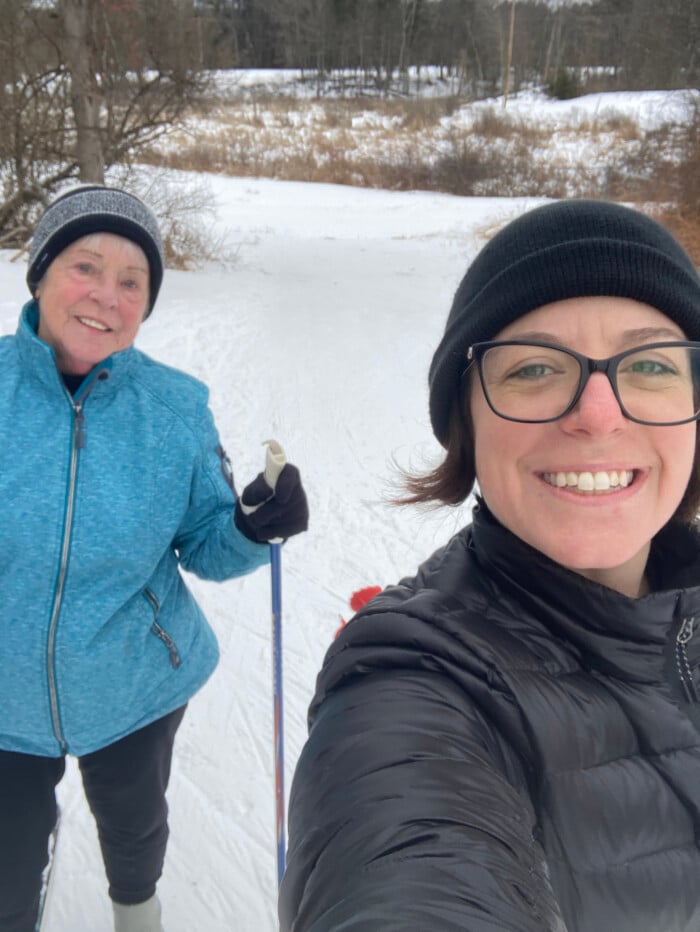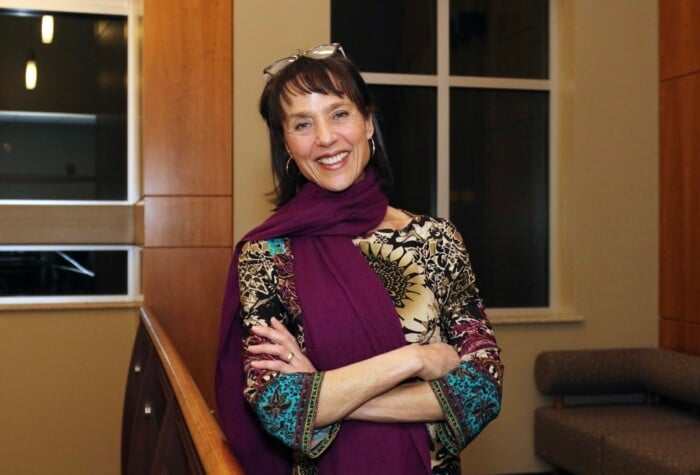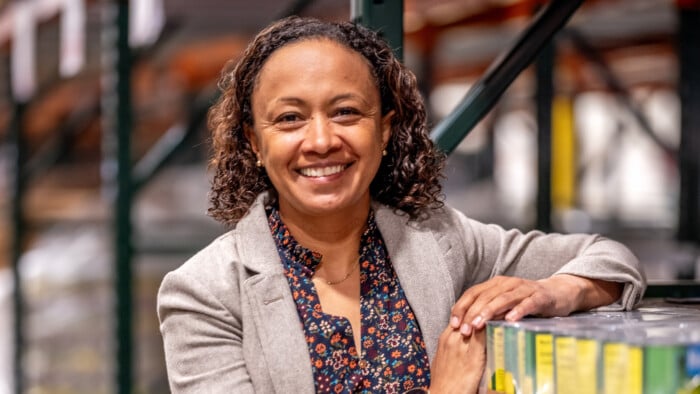Helping New Hampshire’s Immigrants Find Career Success
Jean Hakuzimana of NH Songa is helping immigrants find meaningful work across the Granite State
 When Jean Hakuzimana moved to New Hampshire from Rwanda five years ago, he never expected an easy transition. But he did expect some things: for one, the ability to transfer his professional credentials into a career path.
When Jean Hakuzimana moved to New Hampshire from Rwanda five years ago, he never expected an easy transition. But he did expect some things: for one, the ability to transfer his professional credentials into a career path.
The founder of NH Songa, a company that helps New Hampshire immigrants tackle workforce challenges, has traveled the same path as many new arrivals.
Hakuzimana arrived in the Granite State with a bachelor’s degree in communications and journalism from the University of Rwanda, fresh off of an international assignment in Chad as a communications specialist at the United Nations Development Programme. Before that, he was an advisor to Rwanda’s Minister of Agriculture.
Upon arrival in the states, he was pointed to a staffing agency to help him find a job.
“I went to the staffing agency, and the woman looked at me and she asked me, ‘Do you have a resume?’” Hakuzimana says. “I said, ‘Yes, I do have a resume.’ Then I handed the resume to her. And the woman said, ‘Are you able to do handiwork?’”
“The beginning was tough,” he says. “When I moved to this country, I had 10-plus years of experience in my position. When I moved here, it was like I had to start fresh. And that was very challenging for me.”
Hakuzimana’s story isn’t all that different from many New Hampshire immigrants. Arriving with a previous career in their home countries, oftentimes new arrivals are presented with work that is far outside of their fields of training.
And yet their expertise has the potential to create a stronger New Hampshire for all. A recent NH Business Review story points out that 6.4% of New Hampshire residents are foreign-born, and these residents arrive with a higher education level than the national average.
Hakuzimana eventually found a job at a precast manufacturing company that creates heavy rebars for building projects. “They asked me if I knew how to count, if I knew how to measure,” he recalls.
For many, that moment would have been frustrating, if not humiliating. But Hakuzimana took the job anyway. He was willing to do whatever work supported his wife and children. “I dance as the wind goes,” he says.
Eventually, Hakuzimana found his way into work as a case manager in a resettlement program for Afghan immigrants. Enjoying the work, he enrolled at the University of New Hampshire for a master’s degree in community development, policy and practice.
“That’s when I started reflecting upon what I can do with my master’s. You can apply for jobs, but you’re not sure that you’re going to get them. As an immigrant, you’re still below the line,” Hakuzimana says. “You are still someone in the below position, even when you apply for the job. You can’t bypass a bachelor’s degree–holder, even if you have a master’s degree, since you have that accent.”
It was in those reflections that Hakuzimana decided to start his own company — an organization that would help bridge the gaps to educate and connect stakeholders across the board, including immigrants, non-immigrants, service providers, employers and even government representatives.
“That was the vision. I thought, ‘Oh man, maybe I can shake New Hampshire a little bit,’” Hakuzimana says.
NH Songa’s first activity, a conference called “Immigrants In New Hampshire’s Workforce,” was held Nov. 15.
“I saw huge support,” Hakuzimana says. “And I really think that there is an opportunity to make an impact with the conference within education, within letting people come together and learn together and exchange. From morning to evening, I was like flying. It was amazing.”
Just seeing how well received the conference was from stakeholders across New Hampshire gave Hakuzimana the confidence to lean into his big idea, organizing more events for 2024, including a series of mini conferences supporting immigrants’ workforce goals, as well as a second, bigger conference happening in the fall. Hakuzimana also hopes to create programming related to immigrant health, citing health as equally important for the immigrant experience.
As a proud New Hampshire resident, Hakuzimana loves his state, the kindness that has been shown to him by many fellow residents and the potential for continued growth and success.
“When it comes to migrants, we need to make an effort to learn who they are,” Hakuzimana says.
Hakuzimana understands that part of the challenge for new immigrants is overcoming misconceptions about why they left their native countries.
“Not all people who are coming are coming in a bad way, as they’ve been politically named. People are coming to find safety, to find peace, to find opportunities, to survive again, to have a second chance of life,” Hakuzimana says.
“I would love to see a New Hampshire that is open and eager to learn, to understand. Who are those people? How can I help them? How can I serve them?”
This article is featured in the spring 2024 issue of 603 Diversity.
603 Diversity’s mission is to educate readers of all backgrounds about the exciting accomplishments and cultural contributions of the state’s diverse communities, as well as the challenges faced and support needed by those communities to continue to grow and thrive in the Granite State.











